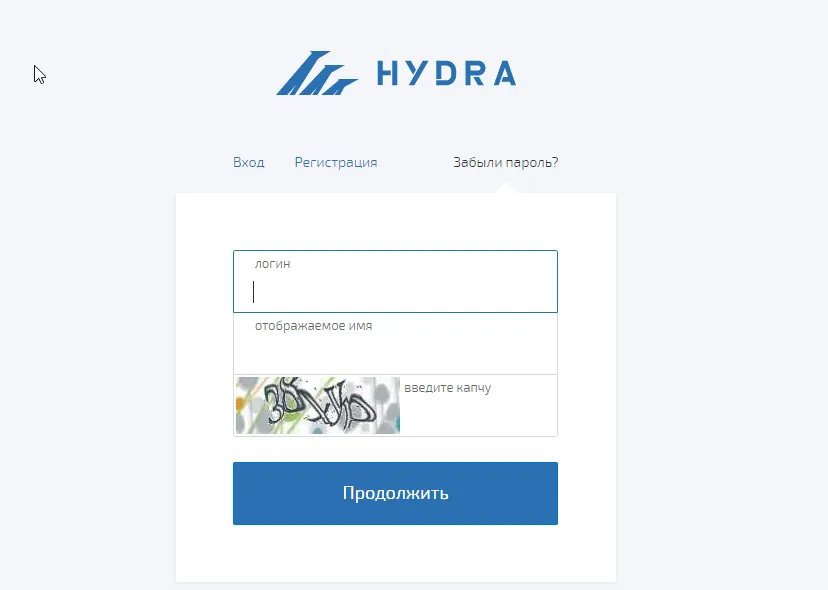Hydra wants to go global, according to a report by cointelegraph. The organisation is based in Russia and is called “Hydra” but has no offices and provides an anonymous service, whereby couriers disperse purchased goods to designated, concealed spots in public spaces, later to be collected by the client. Neither buyer, seller nor courier ever cross paths in person.

Hydra is planning to generate funds by releasing their own token and are looking to do so in a darknet ICO. The whole operation, in case you’re wondering, is completely illegal.
The site made an announcement on a “.online” site which has multiple captchas. It all looks rather shady and the russian only site has a registration and login and nothing else.
The operators of the marketplace, known as “Hydra,” have ambitions to roll out their model of anonymized, rogue trading for illicit substances at a massive scale. An investment memorandum, accessible only via dark web browsers like Tor, claims the platform’s global expansion “will start a new era in the West” at a scale that is “hard to imagine.”
The operators plan to use the funds to build out a new service “Eternos” — combining encrypted messaging services, a privacy-focused browser, automated dispute resolution and an over-the-counter marketplace and crypto exchange.
Scheduled for Dec. 16, the token sale will offer investors bundles of 100 tokens, conferring rights to a 0.003% share of company profits. The tokens are valued at $100 apiece, payable in Bitcoin (BTC).
Issuance is set at 1,470,000 tokens, accounting for 49% of Eternos’ value and pledging $500 in monthly dividends for those purchasing more than 100 tokens. Forklog has warned readers the project may turn out to be an exit-scam.
The numbers are based on a forecast of $15 million monthly revenue, which the operators justify citing their current growth metrics.
Hydra claims it has a user base of over 3 million, processing over 100,000 transactions daily for illicit substances, hacking services, forged documents, stolen data and cash.
As of June 2019, Russian investigative site Proekt confirmed that Hydra had 2.5 million registered accounts, 393,000 of which had made at least one purchase.
Previous shady crypto sites
The crypto industry’s most infamous darknet marketplace remains Silk Road, which launched in February 2011 before being shut down by the authorities in October 2013.
Silk Road was an online black market and the first modern darknet market, best known as a platform for selling illegal drugs. As part of the dark web, it was operated as a Tor hidden service, such that online users were able to browse it anonymously and securely without potential traffic monitoring. The website was launched in February 2011; development had begun six months prior. Initially there were a limited number of new seller accounts available; new sellers had to purchase an account in an auction. Later, a fixed fee was charged for each new seller account.
Its founder Ross Ulbricht — aka “Dread Pirate Roberts” — was arrested and sentenced to life in prison in 2015, convicted of money laundering and aiding in the distribution of drugs, computer hacking and fraud, among other charges.
In 2017, U.S. authorities shuttered the major darkweb marketplace Alphabay, through which vendors had purportedly hawked fentanyl, heroin, weapons, malware and a series of Bitcoin-related heists.
Hydra wants to go global to increase revenue and provide further services. Buying its token will guarantee a prison cell.


